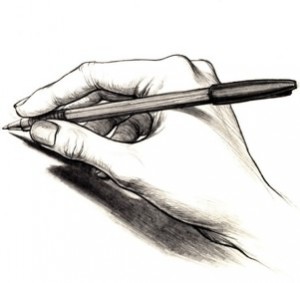 While you’re here, be sure to join my free SAT email list to download the Urgent Report on SAT Reading and get access to other great subscriber-only exclusives!
While you’re here, be sure to join my free SAT email list to download the Urgent Report on SAT Reading and get access to other great subscriber-only exclusives!
I was just talking with an SAT prep tutoring student of mine about the idea of not always using the same boring evidence to write the SAT essay, and I wanted to write a quick post on it.
Students get way too caught up in picking evidence on the SAT essay that “sounds impressive” and at a certain point it starts to hurt their score rather than help.
The ideal SAT essay evidence is both impressive-sounding and fits into a student’s actual interests outside of school. For a bookish young student like myself, this was never a problem. History wasn’t my favorite, but there were some good bits.
I loved to read fiction – had a real passion for it, and I even enjoyed Shakespeare. Some of it. (e.g. Hamlet, King Lear, MacBeth – the bloody stuff, of course)
Reading the news wasn’t my favorite thing, but often I’d just skim the front page over breakfast when I was in a rush and forgot to bring a book down to the table. So I’d get a fairly regular dose of current events as well. I could naturally use SAT essay evidence that fit the “standard” strategy of choosing school-related examples to support my essay, but this isn’t the only way you can do things!
What SAT essay evidence to use if you don’t like school:
However, for the less-scholarly, it can be a miserable experience trying to memorize facts about Gandhi, or Lincoln, or World War II, or whatever else. It’s just too boring.
The flip side is that students can actually be thrilled to write about a topic or personal hero that they are interested in.
(In the same way, you can plan ahead to use your “favorite” SAT vocab words on your essay to influence your score upwards!)
Get Exclusive SAT Prep Tips!
I want to send you more tips to help your SAT score, but I need your email address to stay in touch. Enter your email below so I can send you my reports on the SAT and other subscriber-only bonuses.
When the SAT essay evidence topic is boring, a student loses memory recall; critical thinking is not as fluid; application of the evidence becomes a struggle. So, “write what you know!”
If you love sports, read well-written sports biographies. Use sports heros.
If you love video games, learn about the greatest pioneers in the field – what challenges they overcame, what specifically made them great.
If you love cars, learn about the best car designers in the world. Research Henry Ford. Understand the technological and environmental consequences (benefits and problems) that are associated with automobiles.
If you love to (or dream about) travel, learn about great explorers or native cultures. Discover how our new global society is creating change in individual countries that interest you.
Why it’s a good strategy to use SAT essay evidence that you enjoy:
Passion is a powerful thing, so use it to your advantage. If you think no one else is interested in the history of big-game hunting, you might want to put yourself in the shoes of an SAT essay grader after their 900th essay about The Great Gatsby. Even if wouldn’t be your reader’s first choice of pleasure topic, it will seem like a ray of sunshine in their dark, dusty grading room.
(By the way, a similar principle applies for college applications and scholarship essays!)
I’ve always imagined graders packed like sardines in a damp, cave-like lair. Give them a shred of something interesting and they will love you for it.
Graders may not be allowed to take off points for being unoriginal, but you can certainly put them in a good mood (and up your chances of a great score) by throwing them an interesting and well-researched curveball. Make their day with an off-the-wall example, and they’ll make yours when your score report comes in.
One catch: Keep your writing on-topic
This doesn’t let you off the hook for preparing your SAT essay evidence in advance – nor is it a good excuse for not having some variety in your examples. But, it can be a huge relief for students who fear that they don’t know about anything “important” or respectable.
Most of all, it doesn’t give you license to get off topic when you write your essay. No drifting from your thesis whatsoever.
This is maybe the one downside – it’s easy to get into the tiny cracks, sub-sub-sub-arguments, and minutae of your favorite topic (“Incredible Hulk models should only be painted HULK GREEN!” etc.) because by nature, you’re just so interested in all the little details!
This small risk is totally worth the ease and speed of writing that go along with your favorite topics. All you have to do is be aware of the tendency to wander off topic or get distracted. One of the best ways to stay laser-focused on your topic is to ask yourself before each sentence you write: “Does this directly support my thesis?” If not, drop it.
The bottom line is that making a clear, powerful, on-topic, well-supported thesis sound convincing is more important than the weightiness of your evidence. So don’t worry about it!
Pick topics that interest you, and this essay tip will help your stress level drop as your SAT essay score goes up.
Make sure to order your copy of Top 30 Examples to Use as SAT Essay Evidence, which was created for this exact purpose!
Further Reading:
SAT Essay Evidence: Mahatma Gandhi
5 Common SAT Essay Mistakes to Avoid
How to Write a Great SAT Essay Intro Paragraph
Winning College Scholarships Video Course
Additional Resources:
Top 30 Examples to Use as SAT Essay Evidence (e-Book)
Write the Best SAT Essay of Your Life! (e-Book)
Conquer SAT Vocabulary (Video Course)
Before you leave today, be sure to subscribe to my SAT email list to download the Urgent Report on SAT Critical Reading and get access to other exclusive content for subscribers only!



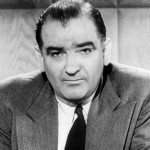
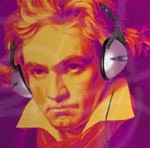
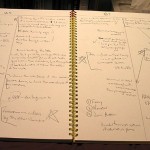
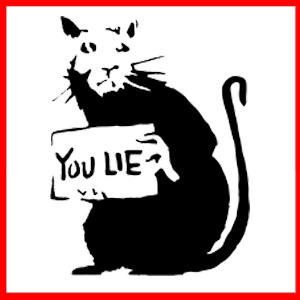

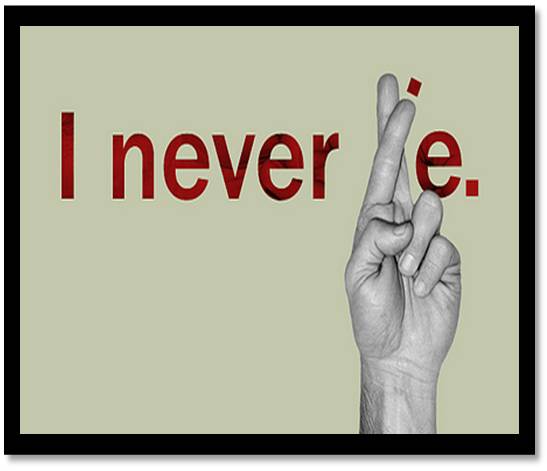

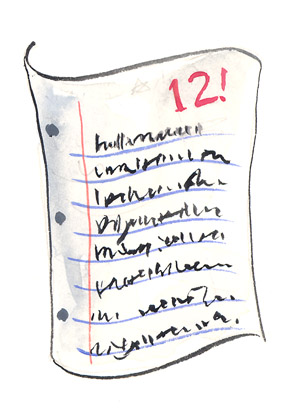


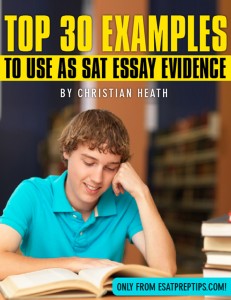



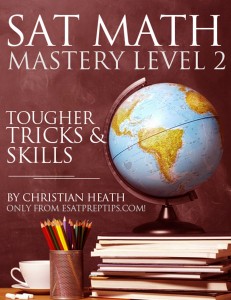
Find Me on Social Media